Speech Language Science Laboratories
Speech & Language Science Laboratories
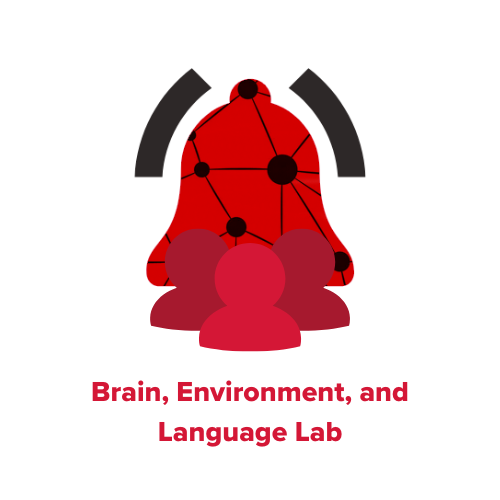
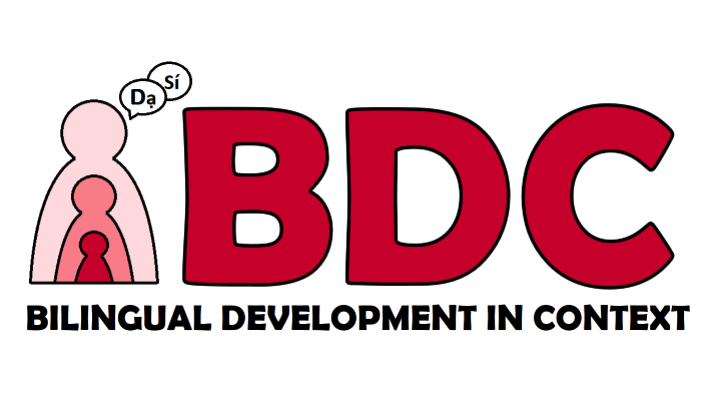

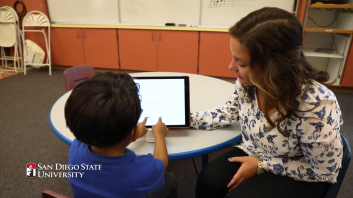
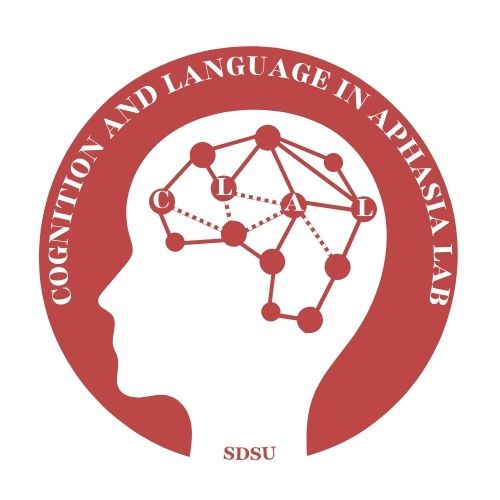
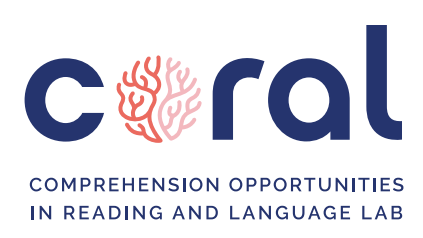
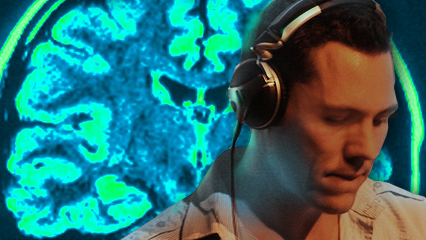
The focus of the Language and Neuroscience Group (LANG) in SDSU’s School of Speech, Language, and Hearing Sciences is to investigate how we go about comprehending sentences and what that tells us about how the mind and brain are organized for language.
The LANG Laboratory consists of four separate research areas in the field of cognitive neuroscience: aphasia, language development, neuroimaging, and psycholinguistics.
Under the direction of Drs. Tracy Love and Lewis Shapiro, the LANG’s efforts are centered on the study of human cognitive processes, with a major emphasis on language processing in adults and children throughout the life span.
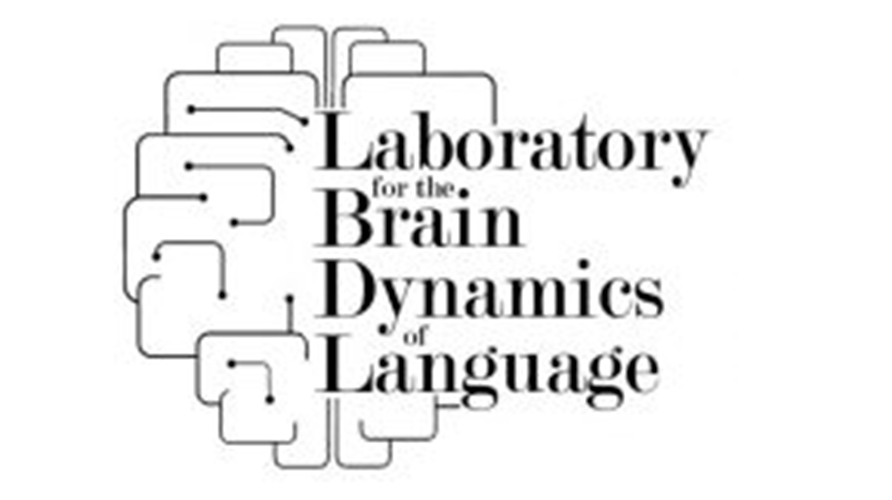
Most speakers can produce words rather effortlessly at a rate of about 3 words per second. However, a range of language and speech disorders can alter this ability so central in our everyday lives. The research conducted at the Laboratory for the Brain Dynamics of Language (LBDL) examines the highly dynamic brain processes that allow us to produce language so efficiently and how these processes are affected in language disorders. The laboratory uses diverse electrophysiology and brain imaging methods (surface and intracranial electroencephalography, electromyography, and magnetic resonance imaging) in healthy speakers and in populations with brain disorders such as stroke, epilepsy, and brain tumors. The LBDL is located at 6495 Alvarado road, suites 105 and 108.
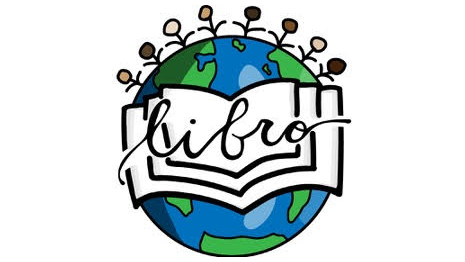
The Language Impairment, Bilingual Reading, and Observational Research (LIBRO) Lab investigates best assessment and intervention practices for bilingual children with language impairments, both at the individual and classroom levels. We aim to support this population in the successful acquisition of language and reading skills and, ultimately, in successful participation in their classroom environment. The laboratory work includes projects ranging from testing experimental reading interventions with bilingual children with language impairment, developing literacy assessment tools appropriate for bilingual children, and classroom observation work to determine what types of classroom practices are supportive of positive reading growth among bilingual children with and without language impairment. We are interested in expanding awareness of the SLP’s role in supporting students’ development of reading skills in the school setting.
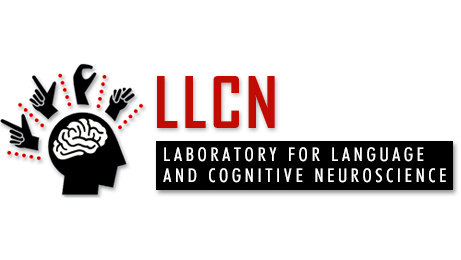
The Laboratory for Language and Cognitive Neuroscience (LLCN) is located at 6495 Alvarado Road, Suite 200. The LLCN research program focuses on signed languages to ask questions about the nature of human language, about the relation between language and other cognitive systems, and about the neural systems that underlie language and cognition using a variety of methods, including fMRI, ERP, EEG/MEG, eye-tracking, motion-capture and psycholinguistics studies. The LLCN provides a rich research training ground for Deaf and hearing students (undergraduate, graduate, and post-doctoral). Please click on the lab link for more information.
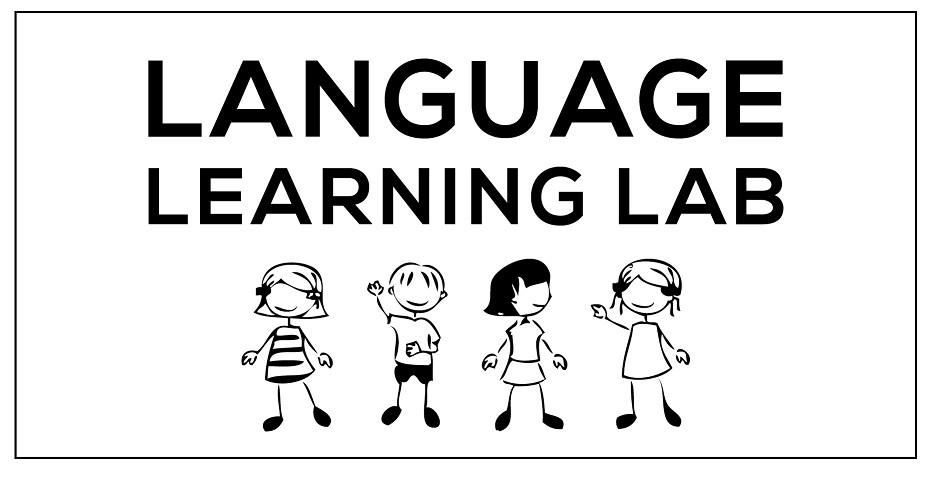
The Language Learning Lab (LLL) studies the process of learning a new word in school-aged children with typically developing language and children with language impairment. We use behavioral word learning tasks in conjunction with brain measures (EEG) to examine changes in processing as a new word goes form unknown to known. Using these methods, we aim to uncover what influences the word learning difficulties in children with language learning difficulties and, eventually, how we can manipulate the learning context to maximize their learning potential. The LLL is located at 6505 Alvarado Rd, Suite 100.
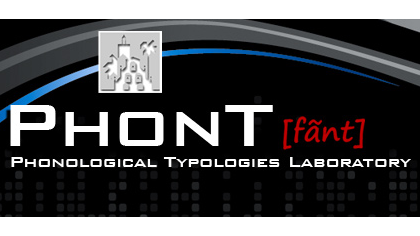
The Phonological Typologies Laboratory is located in the SLHS Building and serves as the primary teaching and research laboratory for Dr. Jessica Barlow, a linguist who conducts research in phonological acquisition and disorders. The lab is equipped with state-of-the art audio and video recording equipment and computer software for the analysis of speech obtained from monolingual and bilingual adults, typically developing children, and children with phonological disorders. The primary research focus of the lab is to characterize the development of sounds, sound patterns, and sound sequences in phonological acquisition, and how this informs our understanding of universal properties of language generally. This in turn is applied clinically order to guide appropriate assessment and treatment strategies for phonological disorders.

The Stuttering/ Speech Production: Affective & Cognitive Effects (SPACE) Lab investigates the mechanisms underlying speech production, with a particular focus on developmental stuttering. We study children who do and do not stutter using a multi-method approach that includes behavioral observations, caregiver and self-report measures, linguistic analyses, and neuroscience methods such as EEG/ERP, skin conductance, and heart rate. Our research explores how emotional, cognitive, and linguistic processes contribute to the onset, variability, and persistence of stuttering. The overarching goal of the lab is to translate our findings into improved assessment and intervention practices for children who stutter. The SPACE Lab is located in the Speech, Language, and Hearing Sciences Building on SDSU’s main campus (SLHS 249).
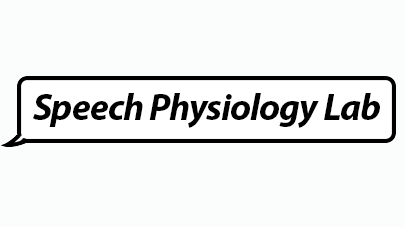
The Speech Physiology Lab is located in SLHS building. The focus of the laboratory is to examine changes in speech physiology and speech motor performance over the course of typical development and how these developmental changes differ in children with speech disorders. In addition, the lab investigates the relations between cognition, language, and speech motor performance interact during speech and language development. The lab primarily uses an eight-camera optical motion capture system to record and transduce the movements of the lip and jaw and also uses of electromyography, aerodynamics, and acoustic analysis techniques.
Contact Us
SDSU Speech Language and Hearing
San Diego, CA 92182-1518
